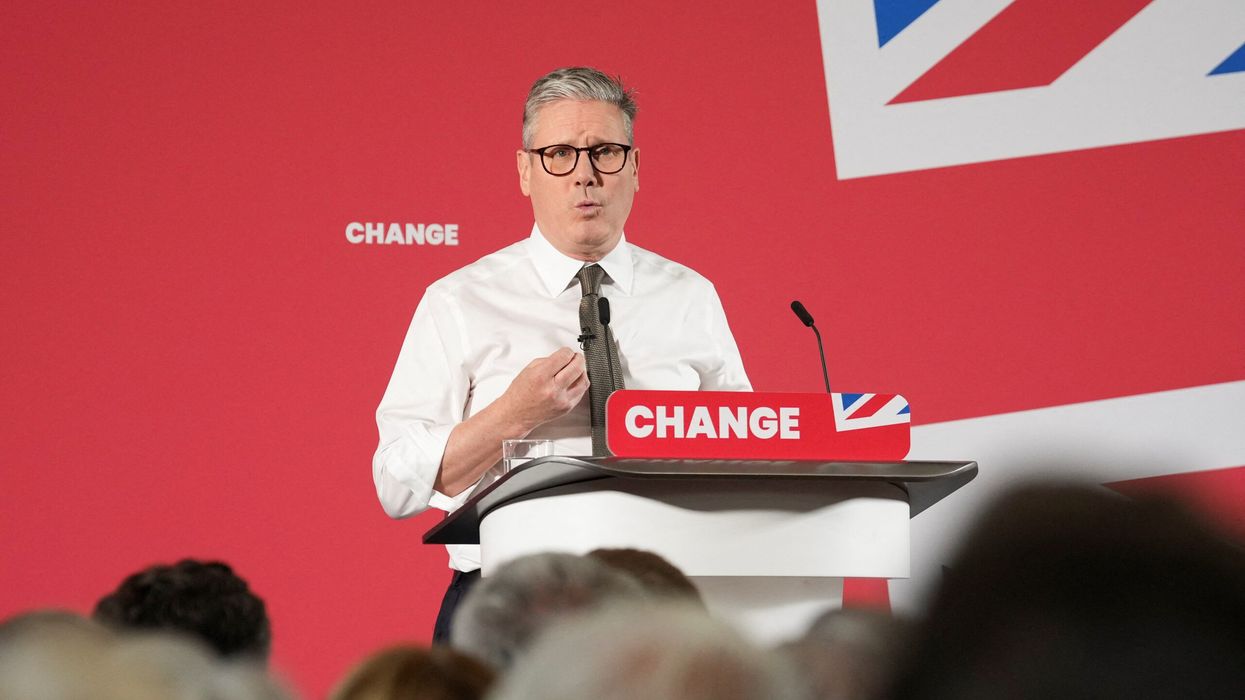STAFF from black and minority ethnic (BME) backgrounds face worsening incidence of bullying, harassment and abuse, says latest NHS England data.
Last year saw the highest spike in cases since the NHS started filing Workforce Race Equality Standard (WRES) reports in 2016.
The number of BME staff reporting ill-treatment by patients, relatives or the public increased from 29.1 per cent in 2016 to 29.8 per cent in 2019.
The corresponding figures for white staff had come down from 28.1 per cent to 27.8 per cent.
The rate of BME staff being harassed, bullied or abused by colleagues saw a sharp rise from 27 per cent to 29 per cent, with incidence of discrimination by a team leader, manager or other fellow workers increasing from 14 per cent to 15.3 per cent.
Notably, the BME attainment gap widened from 14.9 per cent to 16.4 per cent, and the percentage of BME staff confident about equal career progression opportunities came down from 73.4 per cent to 69.9 per cent.
Dr Aneez Esmail, known for publishing alarming stats on blatant racism within the medical sphere in the British Medical Journal in 1993, told Metro: “Sadly, the evidence on the ground is that ethnic minority staff face increased levels of bullying and harassment both as employees and caregivers.
“And they continue to face discrimination in terms of access to services and in career progression.”
He added that this was an important issue because there was “shortage of staff in the NHS, and, as the biggest employer of BAME staff, it needs to make sure that people are satisfied, or they won’t choose to work in the NHS”.
Esmail added that measures such as the WRES reports were laudable, but there was “a long way to go before we can say that [BME] NHS staff can realise their potential in an organisation where the senior leaders and decision-makers are overwhelmingly white”.
The issue of medical professionals facing racism had recently come under the spotlight after trauma and orthopaedic surgeon Dr Radhakrishna Shanbhag revealed how he was “devastated” after a patients demanded to be treated by a white doctor.
He had chosen to speak out after ITV reported that the number of racist attacks against NHS staff had shot up from 589 in 2013 to 1,448 in 2018.
“I am articulating something that affects thousands [in the NHS], I’m not unique in that sense,” Shanbhag said, calling for “action that delivers change”.
“There has always been lip-service paid to the issue of addressing racism and we need to make them [politicians] realise that what they have done up until now to address these issues has not been good enough.”
Rebecca Hilsenrath, chief executive of the Equality and Human Rights Commission, told Eastern Eye at that time: “No one should be attacked or harassed because of their race. As time goes on, these figures should be decreasing not increasing.
“We urgently need the government to introduce a mandatory duty for employers... to increase protections for staff. We are currently developing guidance to support employers to do this.”
The latest NHS study came at a time when reports had pointed out that only 53 per cent BME medical graduates got selected for speciality training posts, in comparison with 75 per of white applicants.
Last month, an investigation by the BMA and the BMJ had revealed that medical schools in the UK were ill-prepared to deal with the racism and racial harassment faced by BAME students.
Dr Chaand Nagpaul, chairman of the British Medical Association, observed that “many medical students of BAME origin experience a culture of fear”.
“But it’s not even recognised as a problem,” he said, as the report made headlines.
“That’s what makes these findings even more powerful because it shows the mismatch between the scale of the problem and the level of reporting, which is a symptom of students not feeling supported. This is widespread, and there is institutional racial bias.”
Taking note of the NHS report, Nagpaul said the upswing in ill-treatment of BME staff was “deeply saddening and unacceptable”.
“This can no longer be allowed to continue,” he added.











